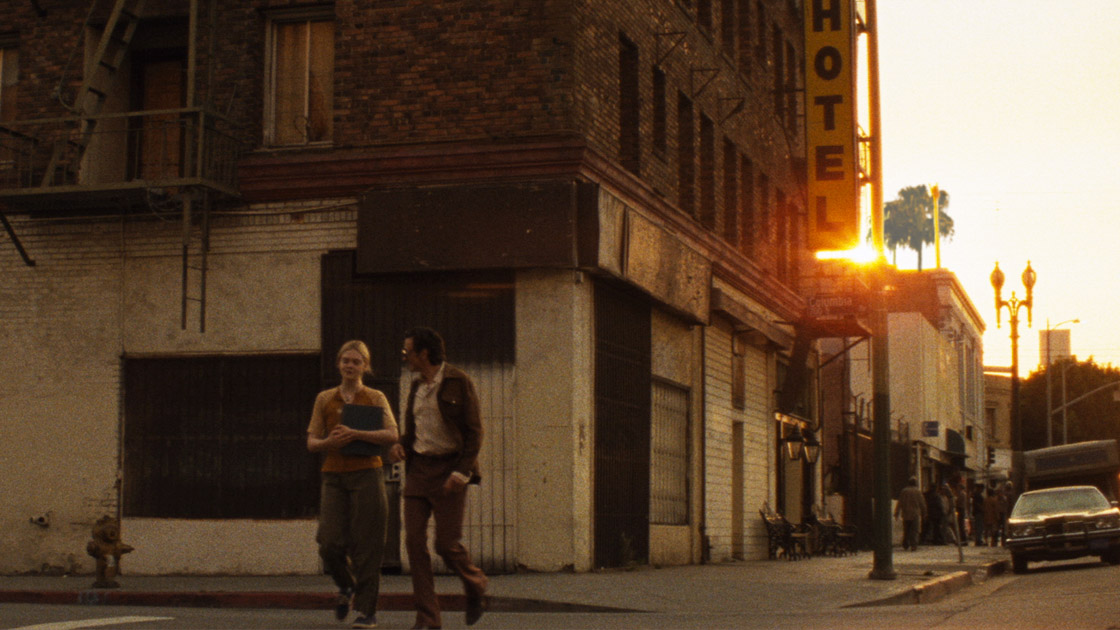 Back to selection
Back to selection
Low Down | Director Jeff Preiss
 Low Down
Low Down Attention, our audience’s and our own — it’s a valued commodity these days. We struggle to command our audience’s attention, for them to discover our work and then, once they’ve discovered it, to actually focus on it. Meanwhile, we struggle to focus our own attention, to fight our society’s weapons of mass distraction so we can not just see our work to completion but fully discover the meanings within it. What role does attention play in your work? Can you discuss an instance where you thought about some aspect of attention when it came to your film?
Turning ones attention to attention: a classic film-think vortex seemingly relevant to every principle of film’s mysterious visual mechanics. The very fact that a story takes shape out of the screen’s flickering is predicated on it. It has been noted that watching a film represses our everyday voluntary attention, replacing it with a kind of manufactured attention that guides us through the story and between any number of points of view. It is in this replacement attention, or the lacing of it with our own hypnotized one where the substance of film’s beautiful intangibles lie. I think the more the audience attention becomes a proxy for one specific character, the more viscerally we experience that character’s inner life.
In Low Down we tried to make use of this kind of singular attention: focusing it down into a loose equivalent of first person narration. Fundamentally this just suited our story, based on Amy-Jo Albany’s memoir; her personal recollections of growing up in 1970s Hollywood with a heroin-addicted jazz musician father. Low Down unfolds through only what Amy-Jo and the audience witness together, blurring the lines between audience attention and the character’s — between the character and the story itself. But distilling the point of view down this tightly also seemed to serve two aspirations: being as emotionally vivid in tracing Amy-Jo’s experience as possible and presenting a portrait of her father painted specifically through her witnessing: allowing us to share her acceptance, something not necessarily possible through objective observation alone.
[PREMIERE SCREENING: January 19 at 12:15 pm – Eccles Theatre, Park City ]
